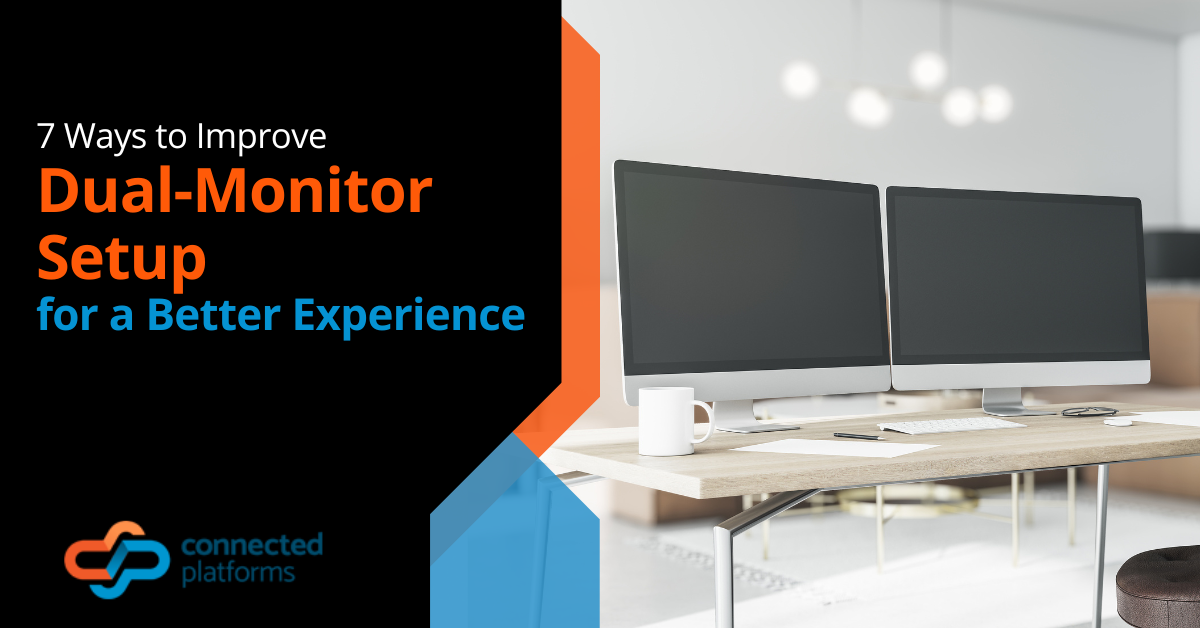Hosting work processes and company data in a cloud environment is “a given” in today’s post pandemic world. Businesses that hadn’t already transitioned to the cloud at the beginning of 2020, found out quickly that to keep operations going, they needed to enable teams to work from anywhere.
92% of surveyed enterprises say that their business relies on a cloud infrastructure, and that number is expected to be 95% within 12 months.
Using cloud technology and workflows is really the norm these days and has several benefits:
- Improved cost efficiency
- Higher productivity due to more flexibility
- Ability to work from anywhere and any device
- Increased security (70% of data breaches in 2019 were in on-premises assets, only 24% were cloud related)
When Brisbane companies choose cloud solutions, they have a big choice to make: Do they go with the public cloud or a private cloud?
Each infrastructure has its benefits and drawbacks, and it’s important for companies to fully understand these. Choosing the wrong cloud environment can lead to problems down the road with flexibility, security, and more.
What is the Public Cloud?
The public cloud is the one that most people are familiar with and use every day. When you use a SaaS tool like Slack or Microsoft 365, you are using the public cloud.
This means that all the files and data in your cloud account are hosted on a server that is also hosting many other companies’ account data.
What is the Private Cloud?
The private cloud more replicates an on-premises environment, only virtually. Only your data is stored on the cloud server, and you have complete control to set it up how you like to host applications, email, processes, cloud storage, and other parts of your workflow.
You can look at the difference between the public and private cloud as similar to the difference between renting an apartment or a home. In an apartment, you’re sharing the building with many other people and have limited control over making changes to the environment. With a home you are in a dedicated space and have more control over things like energy efficiency and landscaping the yard.
We’ll go over several pros and cons below for public and private cloud to help you better decide which may be a good fit for your oranisation.
Public Cloud (Pros & Cons)
Advantages of the Public Cloud:
Ease of Setup
Getting started with a new public cloud SaaS tool usually only takes a few minutes. The entire environment is all ready to go. You don’t have to install the app yourself or do any back end setup.
Pay Only for the Apps You Use
When you’re purchasing app subscriptions in the public cloud, you don’t need to rent private space on an entire server, which can in some cases cost less, because you’re only paying for the apps you use.
This isn’t always the case through. For example, Connected Platforms offers a private Smart Cloud solution that is no more expensive than a public cloud.
More Application Choices
Not all cloud application providers allow you to host their software on a private cloud. This can limit the application options you use, or you may need to use a hybrid private/public cloud workflow to accommodate those public-only apps.
Disadvantages of the Public Cloud:
Less Control Over Security
While you do have security settings within a public cloud app, you’re limited by what each SaaS tool may offer and it’s more difficult to control your entire cloud environment with a streamlined security strategy.
A private cloud environment gives you complete control over security mechanisms.
Downtime
Most of us have experienced that helpless feeling when a main cloud tool goes offline and there is nothing to do but wait. You have little control over unexpected downtime when using public cloud tools.
Less Flexibility & Control
You have far less flexibility and control when using public cloud tools because the provider has to keep a consistent environment for everyone.
Private Cloud (Pros & Cons)
Advantages of the Private Cloud:
You Control Security
Because you have a cloud server all to yourself, you can choose how to control the security of all the cloud apps and processes on the server. This allows you to set industry and compliance specific security policies.
Improved Performance & Uptime
Because you’re not sharing cloud server resources with multiple other companies, you can maintain a more consistent performance of all your cloud-hosted processes and apps.
You are also in complete control if there is an outage and can have an IT professional take immediate action to restore operations and improve uptime.
You Control the Environment
You can set up your private cloud environment however it best works for you, as well as host multiple areas of your business digital infrastructure (software, website, emails, backup/recovery, etc.)
Disadvantages of the Public Cloud:
More Set Up Needed
When using a private cloud server, more set up on your part is needed to get the applications and processes you use installed, set up, and optimised.
Fewer Application Options
You can run into cloud tools that don’t have a private cloud option, causing you to have to choose to use that one tool on the public cloud or find a private alternative.
Ongoing Maintenance
With complete control of your cloud environment also comes a need to keep that environment maintained and properly updated by an IT professional.
Learn More About Smart Cloud – Our Affordable Private Cloud for Small Businesses
Connected Platforms can help your Brisbane business honestly evaluate a public vs private cloud approach, and assist with migrations and ongoing maintenance.
Contact us for a free consultation. Call (07) 3096 6932 or book a coffee meeting online.




